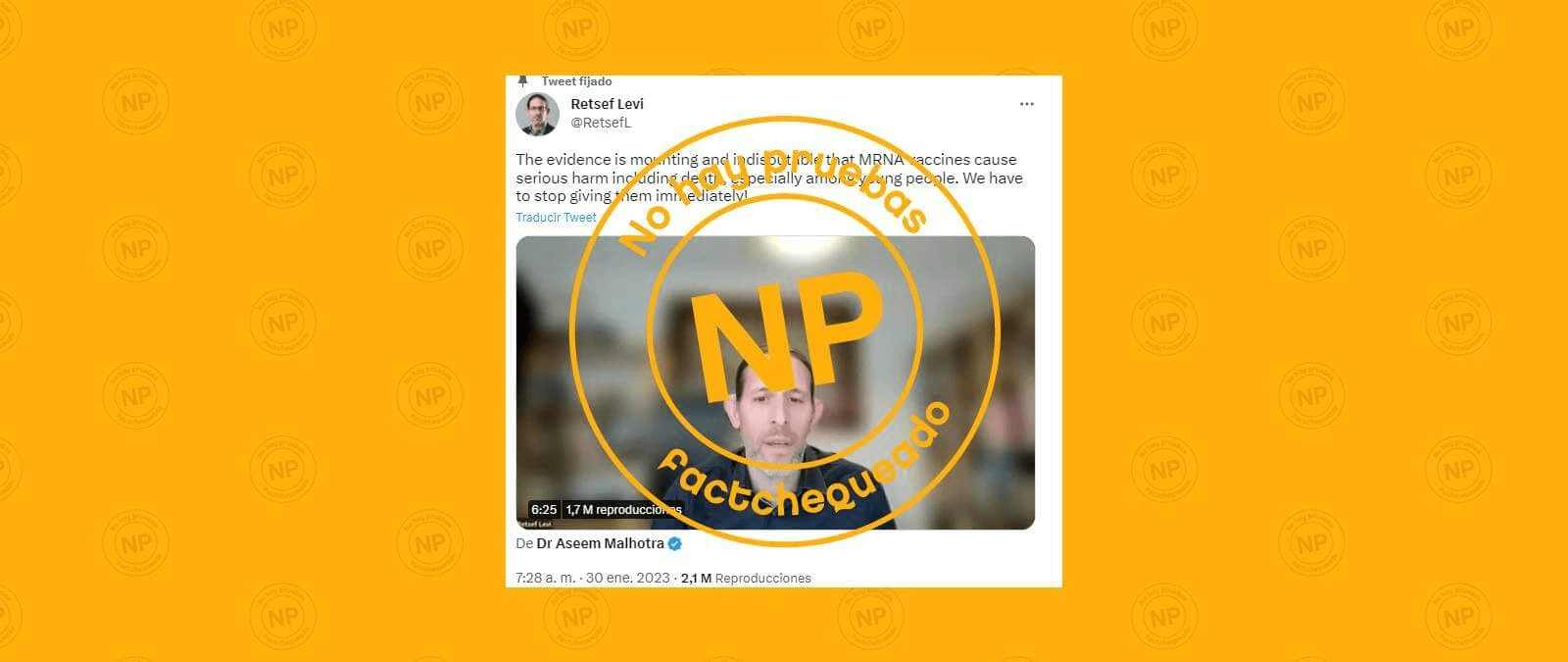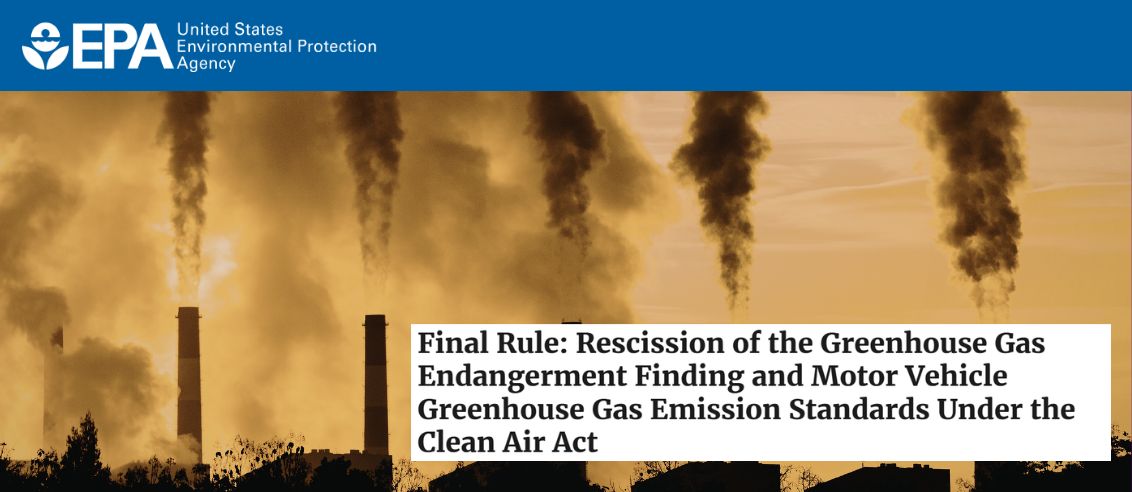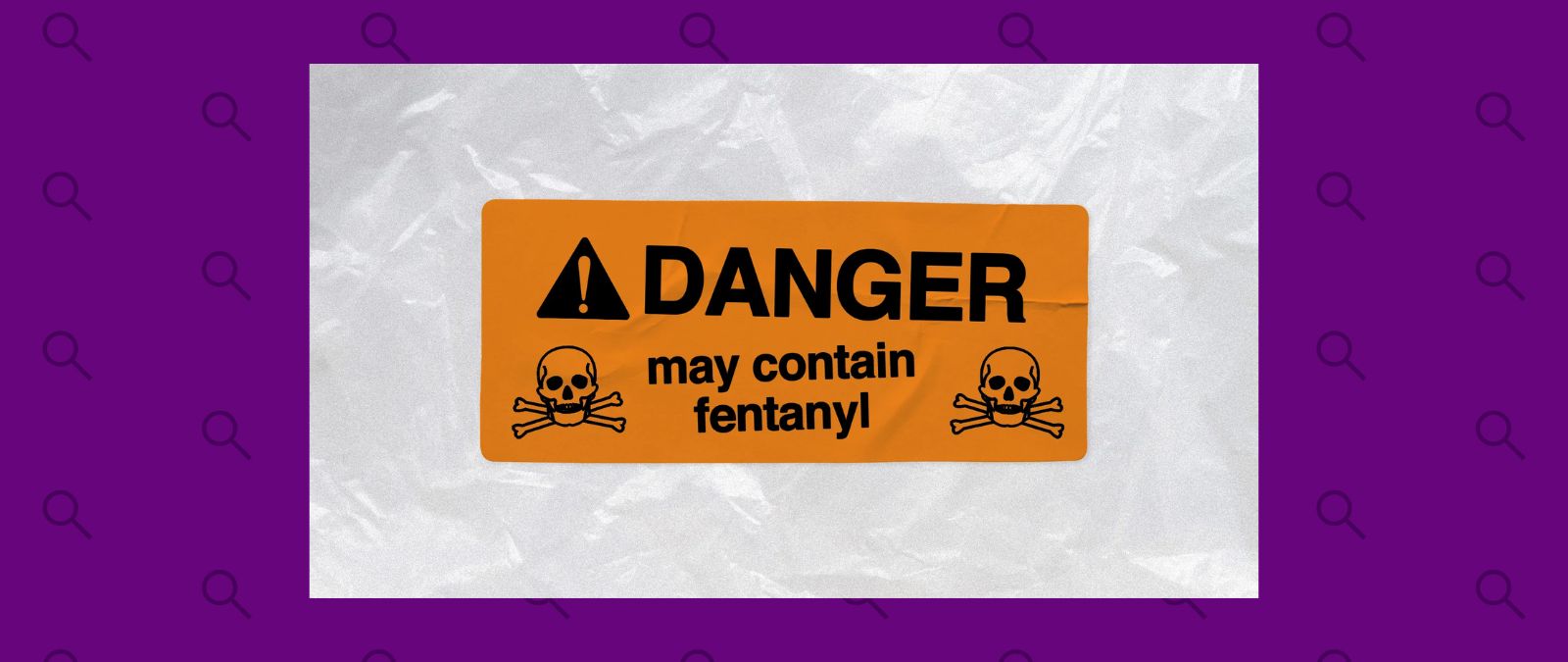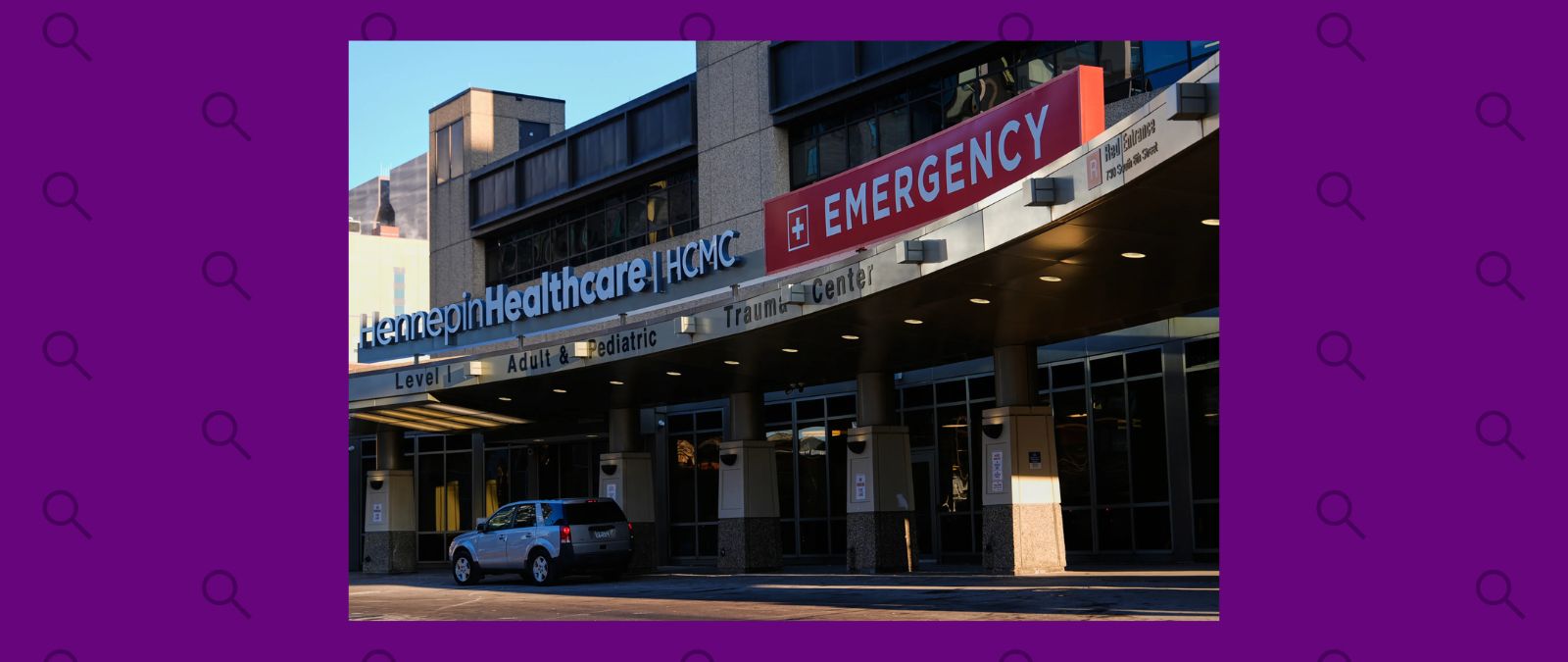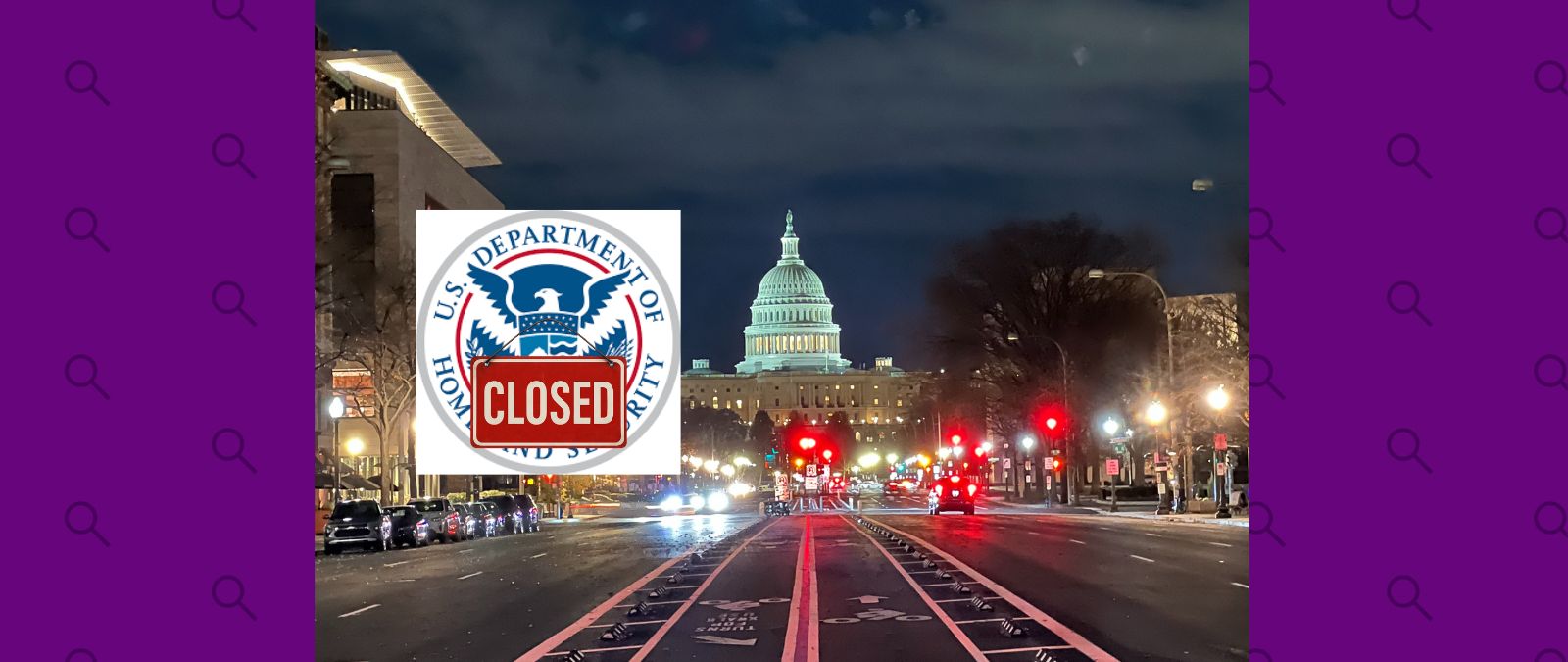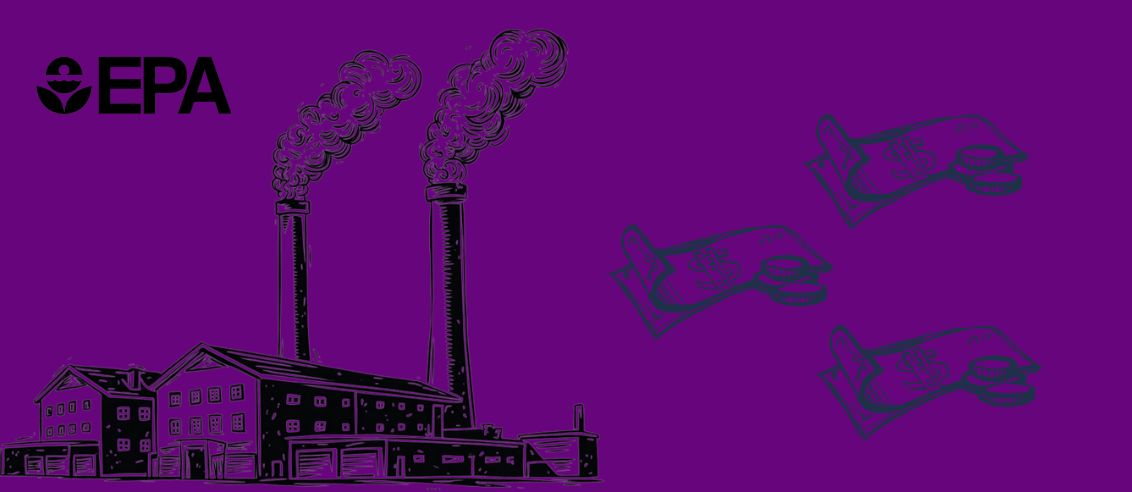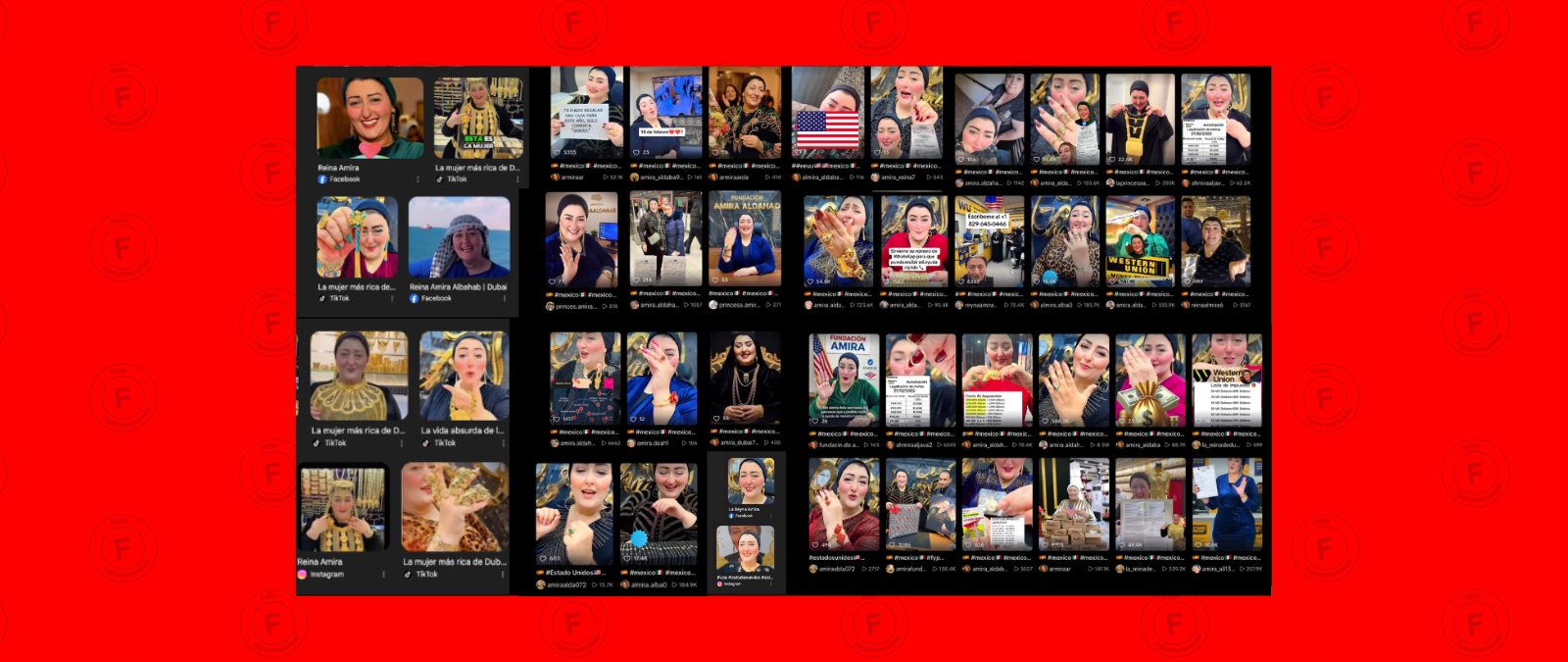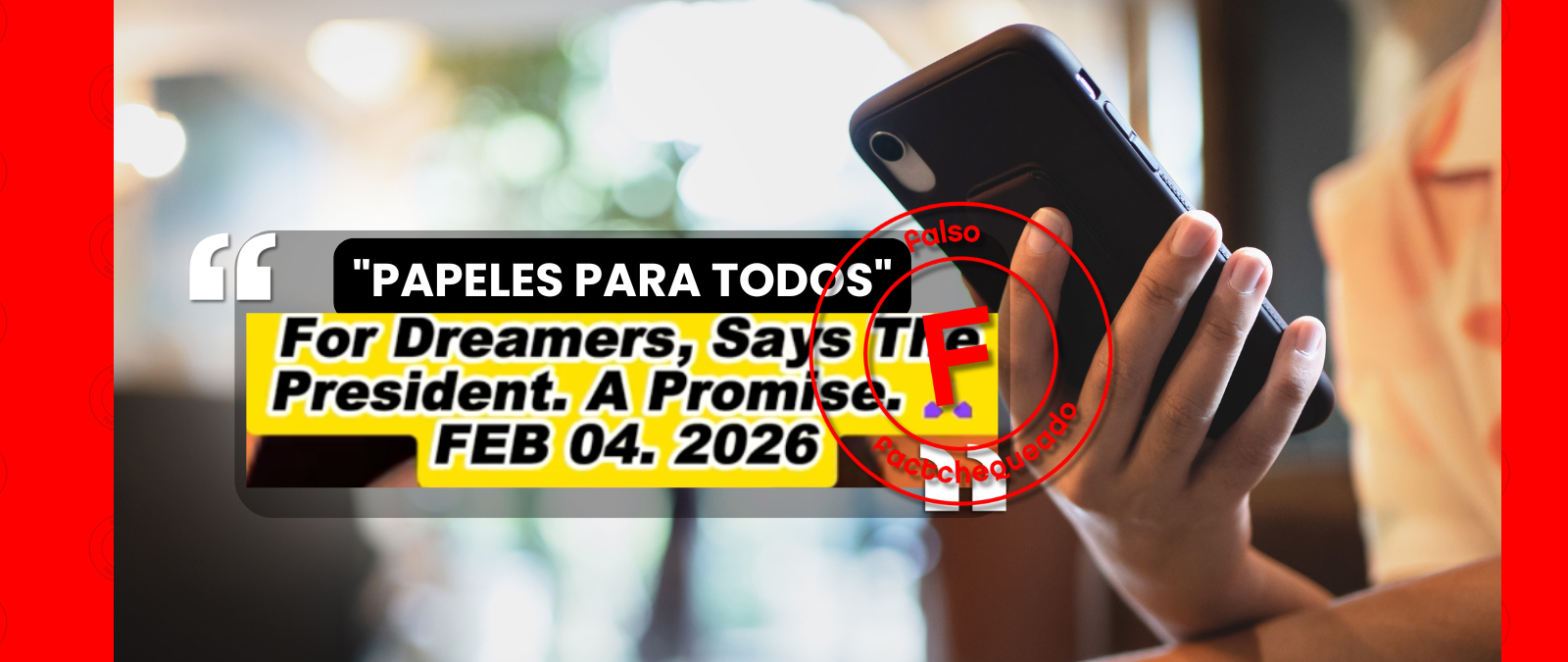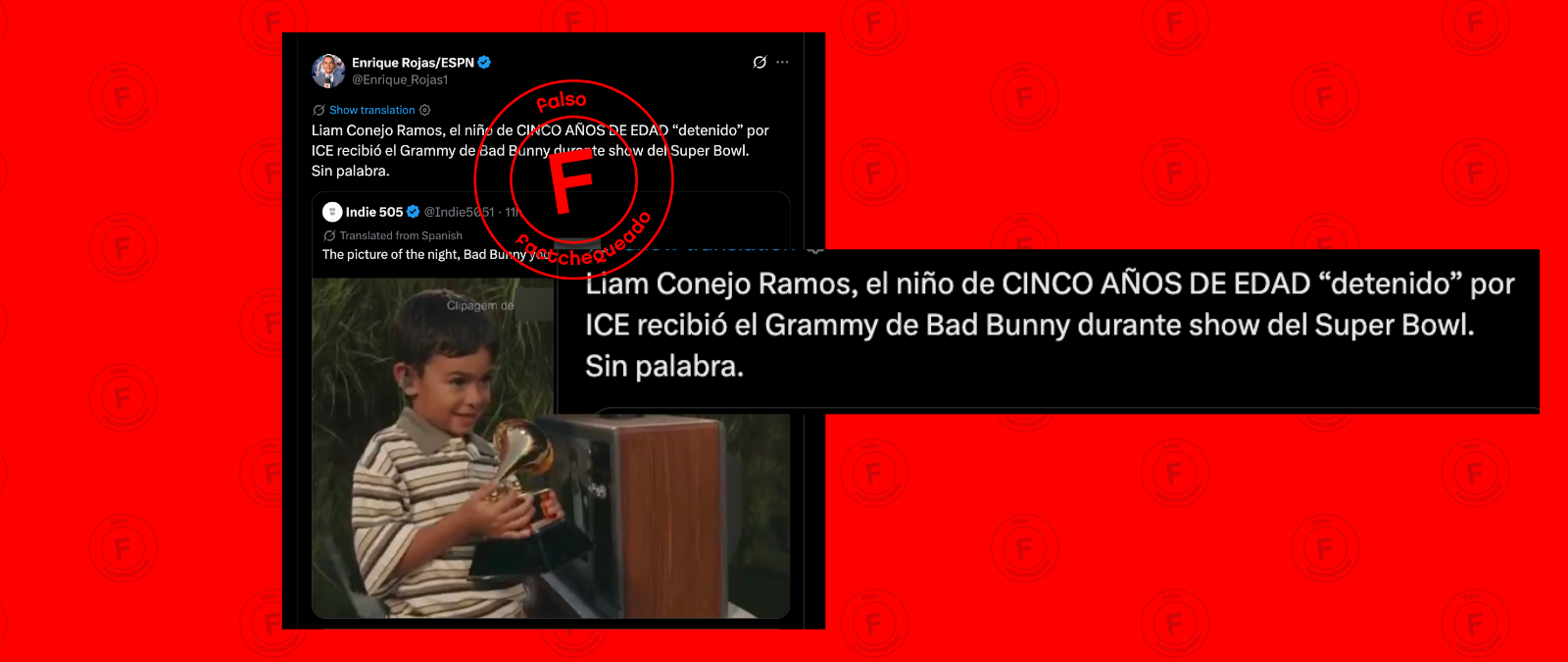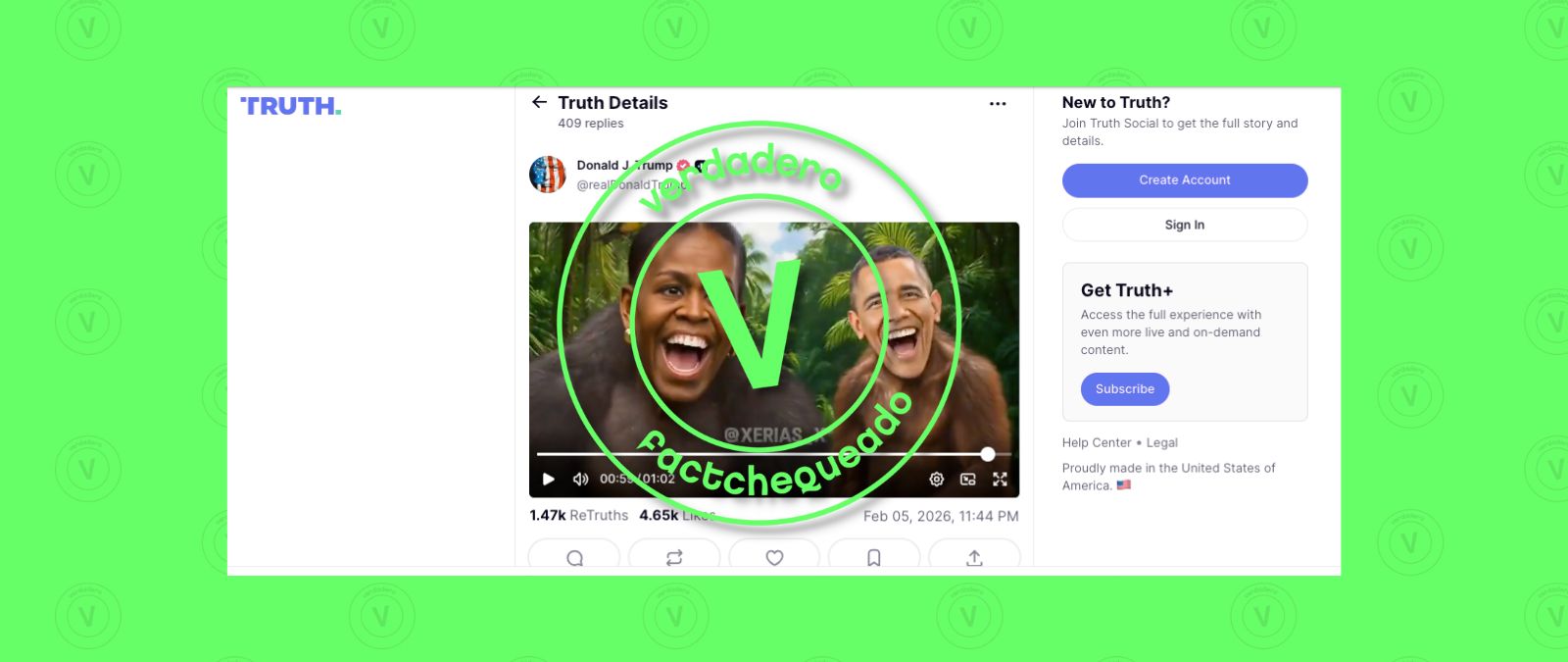Retsef Levi, a professor in the operations management group at the Massachusetts Institute of Technology (MIT) Sloan School of Business Administration, tweeted on January 30, that the supply of messenger RNA COVID-19 vaccines must be suspended, since, in theory, they would be causing " an unprecedented level of damage ", including myocarditis and the death of young people and children. The conservative portal in Spanish, The Epoch Times collected the statements and the link also circulates in WhatsApp groups.
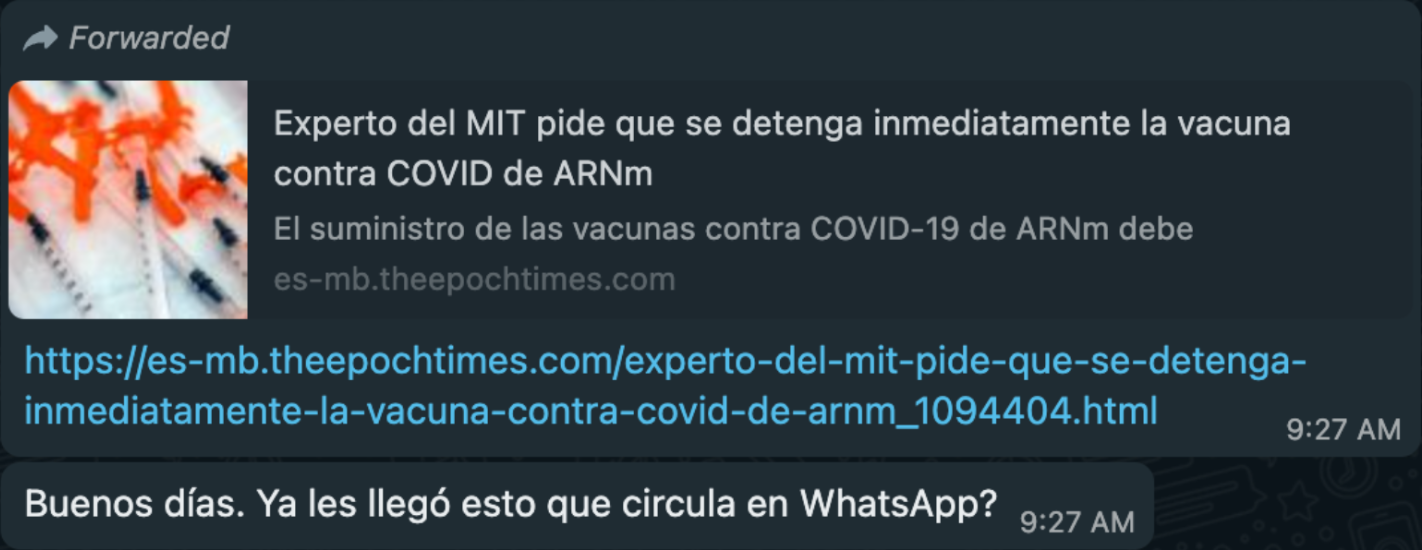
To back up this claim, Levi mentions some studies that have been criticized by various experts due to their limitations. Based on the available scientific evidence, the benefits of vaccines far outweigh the potential risks associated with COVID-19 vaccines. We will explain it to you.
Vaccines against COVID-19 are safe and effective, according to the CDC
In a video that he has shared on Twitter and that has more than 1.7 million views, Levi assures that the COVID-19 vaccines are causing deaths and "an unprecedented level of damage."
But, in reality, there is no evidence that this is the case. In the United States, the Centers for Disease Control and Prevention (CDC) and the Food and Drug Administration (FDA) are responsible for reviewing reports sent to the Vaccine Adverse Event Reporting System (VAERS), a post-marketing surveillance program for these drugs that collects information about potentially harmful side effects that occur after vaccine administration to determine whether the benefit-risk ratio is high enough to justify continued use of a particular vaccine. In this sense, the CDC states on its website that the COVID-19 vaccines in use in the United States are effective and safe.
The benefits of these vaccines outweigh the risks.
Levi also assures that messenger RNA vaccines against COVID-19 cause myocarditis. Although it is true that very rare cases of myocarditis (inflammation of the heart muscle) and pericarditis (inflammation of the outer lining of the heart) have recognized side effects in young people, the benefits of getting vaccinated outweigh the risks, according to several organizations such as the CDC and the United States Advisory Committee on Immunization Practices (ACIP).
To begin with, it is important to keep in mind that these vaccines protect us against the development of the disease, severe symptoms, hospitalization, and death from COVID-19.
The American College of Cardiology assures that there is a small risk of myocarditis associated with messenger RNA vaccines: “In nearly 250 million patients studied on 3 continents, the individual risk of vaccine-associated myocarditis in the general population is between 0.002 % and 0.004%”.
The clinical course of myocarditis "is generally mild and most symptoms resolve before hospital discharge ." This is indicated by the organization, which insists that the protective effect of the vaccine clearly exceeds the risk of suffering from myocarditis.
A study in Denmark with almost 5 million participants published in the British Medical Journal concluded that the absolute rate of myocarditis or myopericarditis (simultaneous inflammation of the heart muscle and the membrane surrounding the heart) after vaccination with mRNA " was low, even in the younger age groups” and that the benefits of vaccination should be taken into account when interpreting these results.
MIT also underlines the benefits of vaccination
Retsef Levi is a professor in the Operations Management Group at MIT's Sloan School of Business Administration. The MIT News Office has told Health Feedback that "the views represented by Professor Retsef Levi are his own" and that faculty members "are free to express their views on topics of interest to them."
“Senior leaders at MIT, leadership at MIT Sloan, and public health professionals at MIT Medical have consistently stressed the benefits of vaccination and staying up-to-date with all recommended COVID-19 vaccines,” he notes.
Some studies cited by Levi have been criticized by various scientists
Levi has posted several tweets that theoretically support his claims. In one of them, he refers to a clinical trial published in the journal Vaccine titled “ Serious adverse events of special interest after COVID-19 mRNA vaccination in randomized trials in adults.”
The article in question, which analyzes data from phase three of the clinical trials of the Pfizer and Moderna COVID-19 vaccines, indicates that they were associated with an excess risk of serious adverse events.
But this article has received several criticisms. Some scientists claim that it has a bias known as p-hacking, which is characterized by the misuse of data to make evidence appear statistically significant when it is not, as reported by AFP.
"(p-hacking) has been a widespread problem even under normal circumstances in the scientific literature, but a lesser known aspect is that it can be used as a weapon to present vaccines, in this case, those of COVID-19 based on messenger RNA of Pfizer and Moderna, as more dangerous than they are,” David Gorski, a professor at Wayne State University School of Medicine, said on the Science-Based Medicine website.
Health Feedback reviewed the paper while it was still a preprint (before it underwent peer review) and reported on October 21, 2022, that the preliminary version had been published in the journal Vaccine. This means of verification found several flaws in the investigation and concluded that its methodology was defective , in addition to not providing evidence to affirm that it is more dangerous to get vaccinated against COVID-19 than not to get vaccinated.
Another of the cited studies does not take into account the vaccination status of the participants
Levi also tweeted a link to a study published in the journal Scientific Reports, which he himself authored and which has also been criticized by various experts. In fact, an accompanying editor's note warns readers that his conclusions "are subject to criticisms that are being considered by the editors. "
This research, which is titled “Increase in emergency cardiovascular events among the population under 40 years of age in Israel during the launch of the vaccine and the third wave of COVID-19”, uses data from the Israeli emergency services. But it does not prove that vaccines against COVID-19 cause heart problems, contrary to what some users on social networks indicate.
For starters, the study uses population-level data but does not take into account the vaccination status of people who developed heart problems. In fact, the authors of the study acknowledge that the main limitation is that " it is based on aggregate data that does not include specific information on the affected patients, including hospital outcomes, underlying comorbidities, as well as vaccination and positive status." of COVID-19”.
Levi himself told Reuters that the correlation they found does not prove causation. "Let me emphasize that I do not support any interpretation of the document as proof that the vaccine caused this increase in calls to EMS (Israel's National Emergency Medical Services)."
Deepti Gurdasani, a clinical epidemiologist at Queen Mary University of London, told Reuters that it is " quite rare to study cardiac events at a population level, without an individual assessment of whether they were COVID-related or vaccination-related."
"This study does not add anything and, with its ecological design, it will not be able to assign causality to any factor, unlike other studies that have investigated this at the individual level taking into account prior COVID and vaccination in individuals," said the expert, who insists that the benefits of vaccines far outweigh the risks.
Researcher Kyle Sheldrick has explained to Health Feedback that the authors of this study "present an inappropriate design, tacitly inviting readers to falsely conclude that COVID vaccines caused a large increase in cardiac arrests in young people (despite not actually collecting any information on whether those affected were vaccinated)".
Notifications reported in VAERS are not confirmed side effects
Levi also claims that the CDC's own surveillance systems record "more than 700 serious adverse events, including cardiovascular ones." In that same tweet, he links to a website that indicates that these data come from the VAERS system of the United States.
It must be taken into account that VAERS is "a passive notification system" that receives "unverified" notifications of adverse reactions that occur after vaccination, as explained by the FDA to Maldita.es, co-founder of Factchequeado. In other words, the fact that there is a notification of an adverse reaction does not mean that the vaccine has caused it.
"VAERS receives reports of many events that occur after vaccination. Some of these events may occur coincidentally during the post-vaccination time period, while others may be caused by vaccination," the USA agency explains. Also, anyone can report an adverse reaction to the system, not just healthcare providers.
These notifications " in no case imply causation but they do coincide in time", as the pediatrician José Antonio Navarro Alonso explained to Maldita.es. According to the CDC, "additional scientific investigations are almost always required" to establish a cause-and-effect relationship between a vaccine and an adverse reaction. In addition, as we have explained before, the CDC assures that the benefits of these vaccines outweigh the risks of developing myocarditis and pericarditis after receiving them.
Factchequeado is a means of verification that builds a Spanish-speaking community to counter misinformation in the United States. Do you want to be a part? Join and verify the content you receive by sending it to our Whatsapp +16468736087 o a factchequeado.com/whatsapp.


